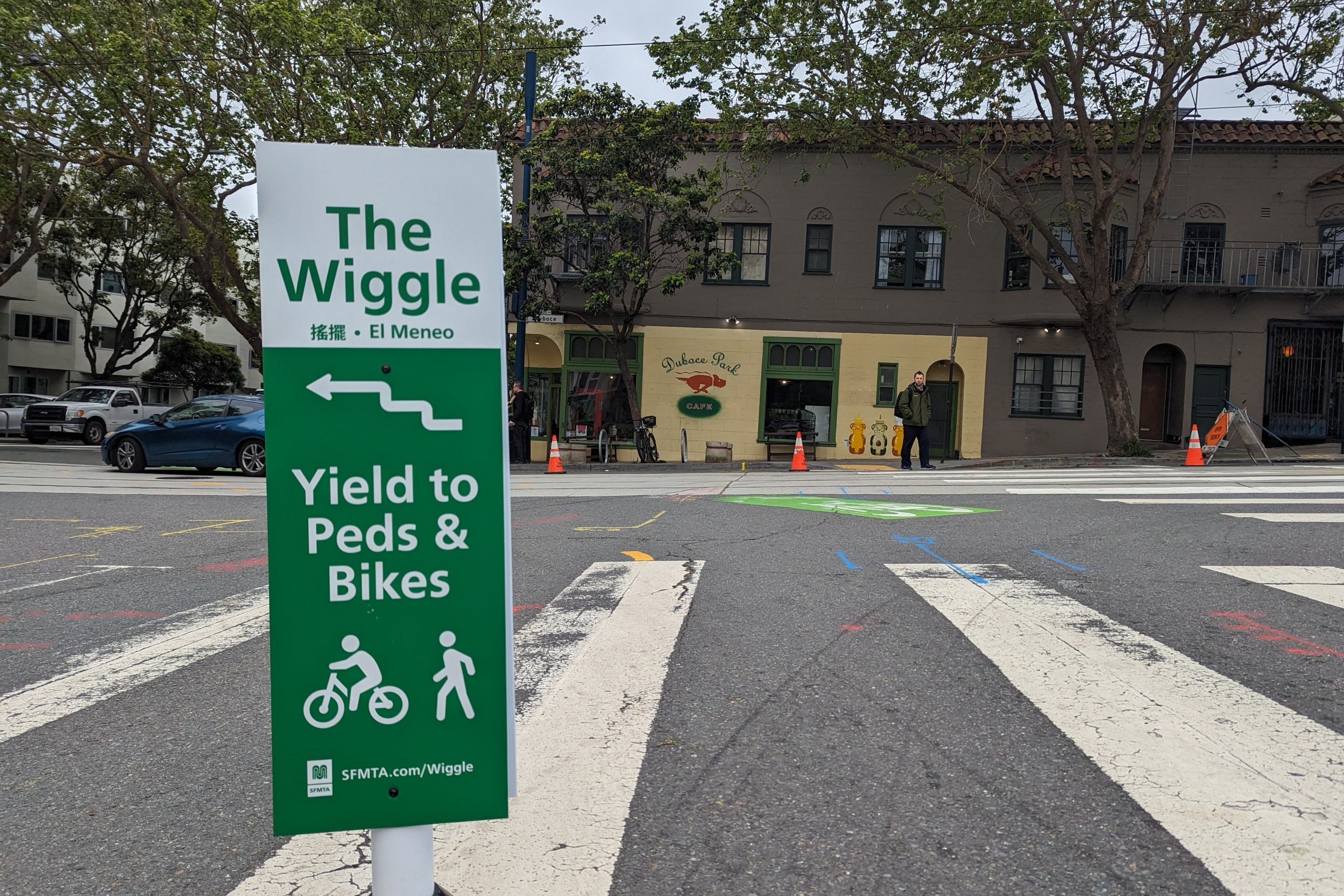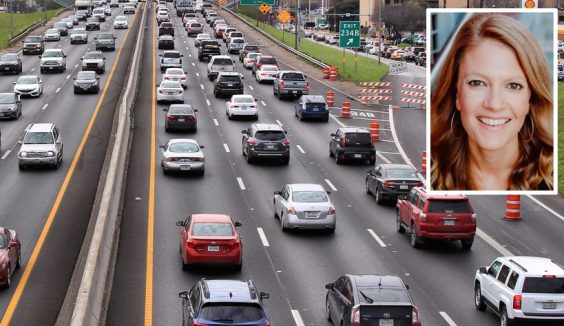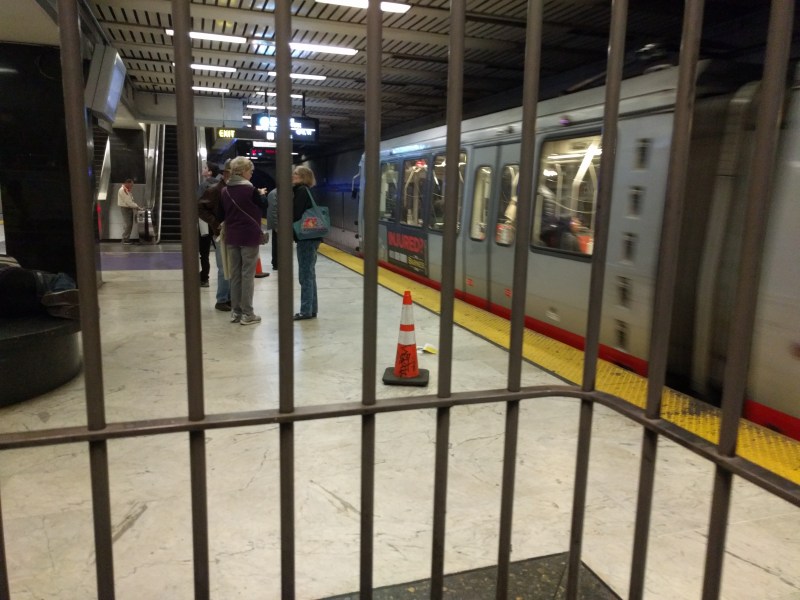California Cities Need A Predictable Fund For Transit Operations
10:30 AM PDT on April 13, 2009
 Photo by George Donnelly, via Flickr
Photo by George Donnelly, via FlickrWhen the State Transit Assistance (STA) fund was zeroed out to pass the budget a couple of months ago, the already dire situation for transit operators in California became much worse. In the Bay Area, AC Transit raised fares, the MTA has been considering budget cuts and fare hikes, and BART will likely do the same if its board can get to the discussion at the next meeting.
While these temporary solutions will balance the spreadsheets for this year, the state's commitment to transit operations for the next five years will be a pittance and operators will continue to suffer. Unless advocates can get on the same page and build a comprehensive coalition to call for more funding, elected officials like Governor Schwarzenegger will get away with pitching themselves as green politicians and then sabotaging one of the best ways to make our mobility more sustainable.
Unfortunately, advocates are not unified in their call for a commitment to transit. Several hundred people have turned out at meetings about funding cuts, but those same numbers have not made it to Sacramento to lobby legislators for an affirmative change. Some of the groups will be spending their resources lobbying Washington for changes to the transportation act rather than dealing with the troubled situation at the state level.
"For me, part of it will be where the biggest opportunities are for organizing. There is some possibility for major transitions at the federal level," said CALPIRG's Emily Rusch, cautioning that transit constituency wasn't strong enough at the state level. "It will take some time before we can find more money from legislators or at the ballot."
Despite President Obama's apparent predilection for rail and some good rhetoric about the need to synchronize land use and transportation policy at a regional level, states are spending stimulus money on highway expansion. Upending the status quo in Washington on transportation will be a monumental task.
USDOT Secretary Ray LaHood said recently that the feds are in the business of funding capital and expansion projects, but not transit operations, which he characterized as a local issue. Senator Barbara Boxer, who heads the Environment and Public Works Committee and will write the lion's share of the transportation act, was reported to support an amendment to the stimulus package that would have given highways an additional $50 billion. Even Boxer's website is shameful, with Senator and global warming denier James Inhofe's specious global warming rants occupying space alongside an apparent environmentalist California Democrat.
If Transportation for America and other transit and environmental groups cannot get the federal government to make a sea change in its formula funding, Sacramento will be one of the last hopes to prevent further fare increases and service cuts.
TransForm recently opened an office in Sacramento with the goal of developing a transit funding coalition, which at the time of this writing has nearly one hundred members. It's not clear how many of those groups signed on will do the heaving lifting when many of them have other issues that require general fund money.
Transform's Nick Caston sees the elimination of the STA as a blessing in disguise, asserting, "One of the few advantages for getting zeroed out is that we can start from scratch to come up with a better model. The STA was always considered "spillover" funding. Our target is a sustainable and predictable form of transportation funding."
Caston said that Senate President Pro Tem Darrell Steinberg had discussed setting up a select committee or task force in the upper house to identify a new source of transit funding.
A Sacramento source close to the negotiations, however, said that a transit funding select committee wouldn't get traction before the budget discussions this summer and even if it did afterward it would have trouble competing with other interests:
You can't discuss this at the state level without discussing it in the context of the general fund. We have a tremendous problem with the State General Fund. That's one of the issues the state transit advocates understand and have a hard time coming to terms with. They're going up against public employee unions, prison guards, SEIU, etc.
While it should make sense to legislators that they won't meet the
obligations set out in the AB 32 global warming and SB 375 anti-sprawl
legislation recently passed if they continue to incentivize driving, none has come out in public linking transit funding to the state's purported environmental objectives. Those politicians who suggest they are "green" by supporting alternative fuel or electric vehicles, but don't make a real commitment to transit are disingenuous at best.
"It's impossible to address a green agenda without funding transit operations," said Caston.
Stay in touch
Sign up for our free newsletter
More from Streetsblog San Francisco
Independent Safety Advocates Beef up the Wiggle
Signs and soft-hit posts installed by advocates make the Wiggle bike route calmer and safer for cyclists and pedestrians




